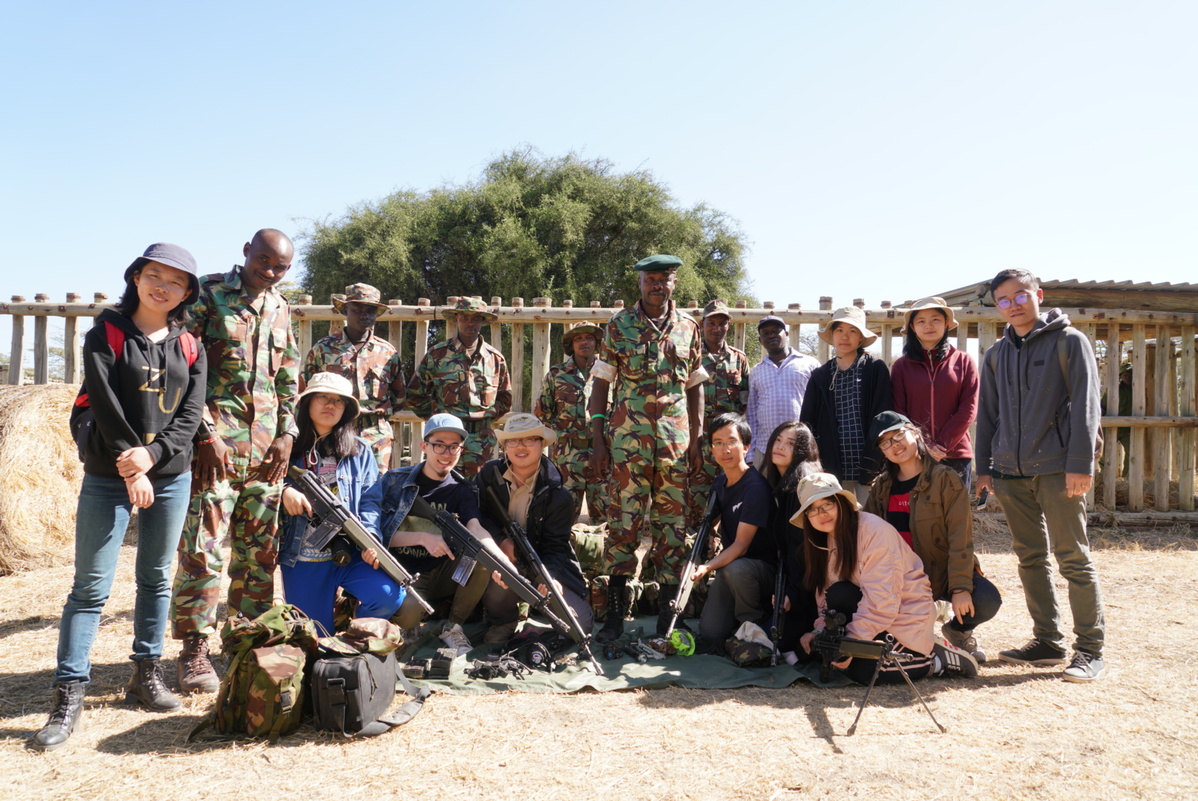Social venture building bridge of China-Africa communication


Huang Hongxiang is no engineer, but he is dedicated to building a bridge; not of steel or iron, but of communication between China and Africa.
The 30-year-old founder of China House helps Chinese people and businesses better understand Africa, and vice versa, in the hope of fostering stronger relationships and sustainable development.
"We're a tiny organization doing small, small projects to create a communication bridge," said Huang, whose social enterprise-an organization that uses commercial strategies to improve lives or the environment-is based in Shanghai and Nairobi, the capital of Kenya.
After earning a master's degree from Columbia University in the United States, Huang became interested in the interaction between China and the developing world in 2011 while doing research in Ecuador on Chinese investments.
"When I was there, I saw a huge information and understanding gap between Chinese companies and local NGOs," he said.
Chinese companies may think they are promoting economic development, he said, but this must be communicated to NGOs, as they sometimes fear these operations could damage the local environment.
This topic is important in terms of both local development and the sustainability of Chinese outbound investment, he added.
Huang first arrived in Africa in 2013 as an investigative journalist, going undercover to report on the ivory and rhino horn trade in African and Asian markets. His story was featured in the 2016 Netflix documentary The Ivory Game, which shows crime fighters risking their lives to protect wild elephants.
Huang's participation in undercover operations was motivated not only by his love of animals, but also his desire to change the world's perception of China.
He discovered that many Africans believe that all Chinese like to buy ivory. "Yes, China is a big ivory market," he told National Geographic in 2016, "but the Chinese who buy ivory are only an extremely small population, and there are many Chinese who love animals and are working hard to protect them as well.
"It's time to challenge the stereotype," he added.
By participating in the documentary, Huang said he hoped the world would see the efforts being made by Chinese people in wildlife conservation.
The motivation behind China House, which he launched in 2014, was to help Chinese better integrate in Africa. He began gathering young people with an international outlook and communication skills to link Chinese workers in Africa with locals.
His organization operates in countries across southeastern Africa. It initially worked with Chinese companies on sustainable investment and corporate social responsibility, does research on Chinese activities in Africa, and engages Chinese communities on issues of wildlife conservation and sustainable development.
China House also established a workshop to advise Chinese enterprises on local labor laws and employment issues, and organizes conservation activities and promotes African understanding of Chinese companies.
































